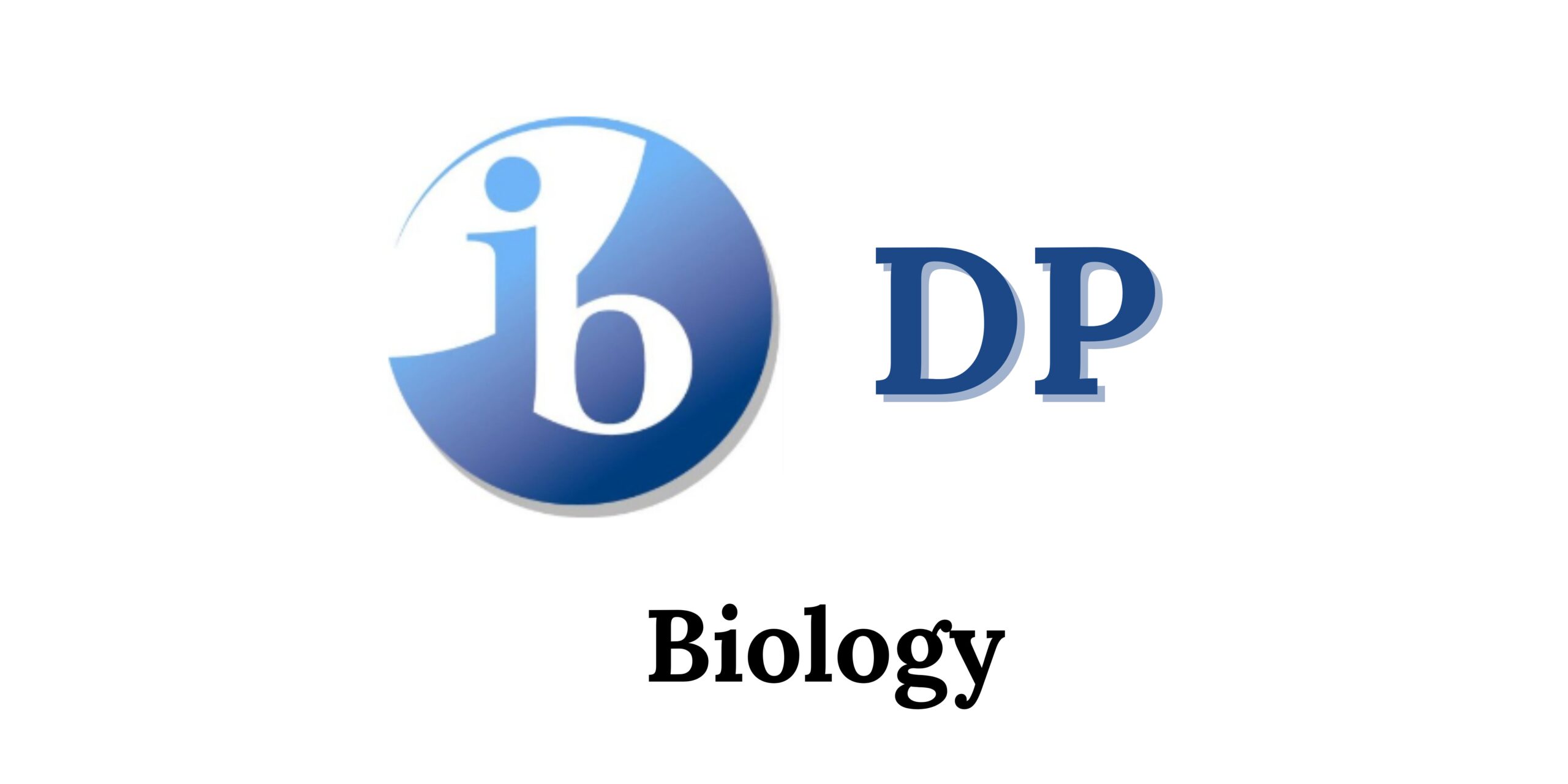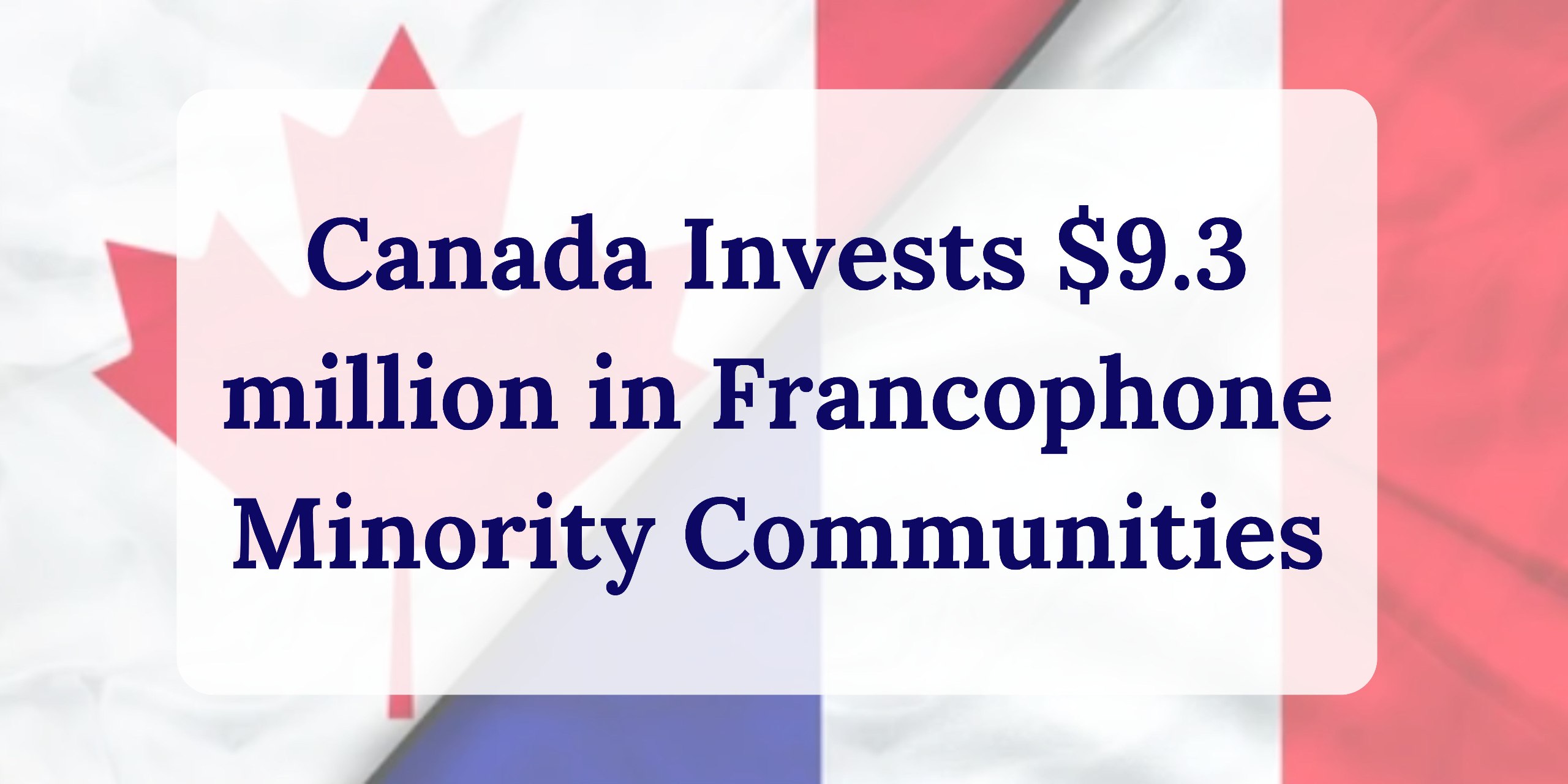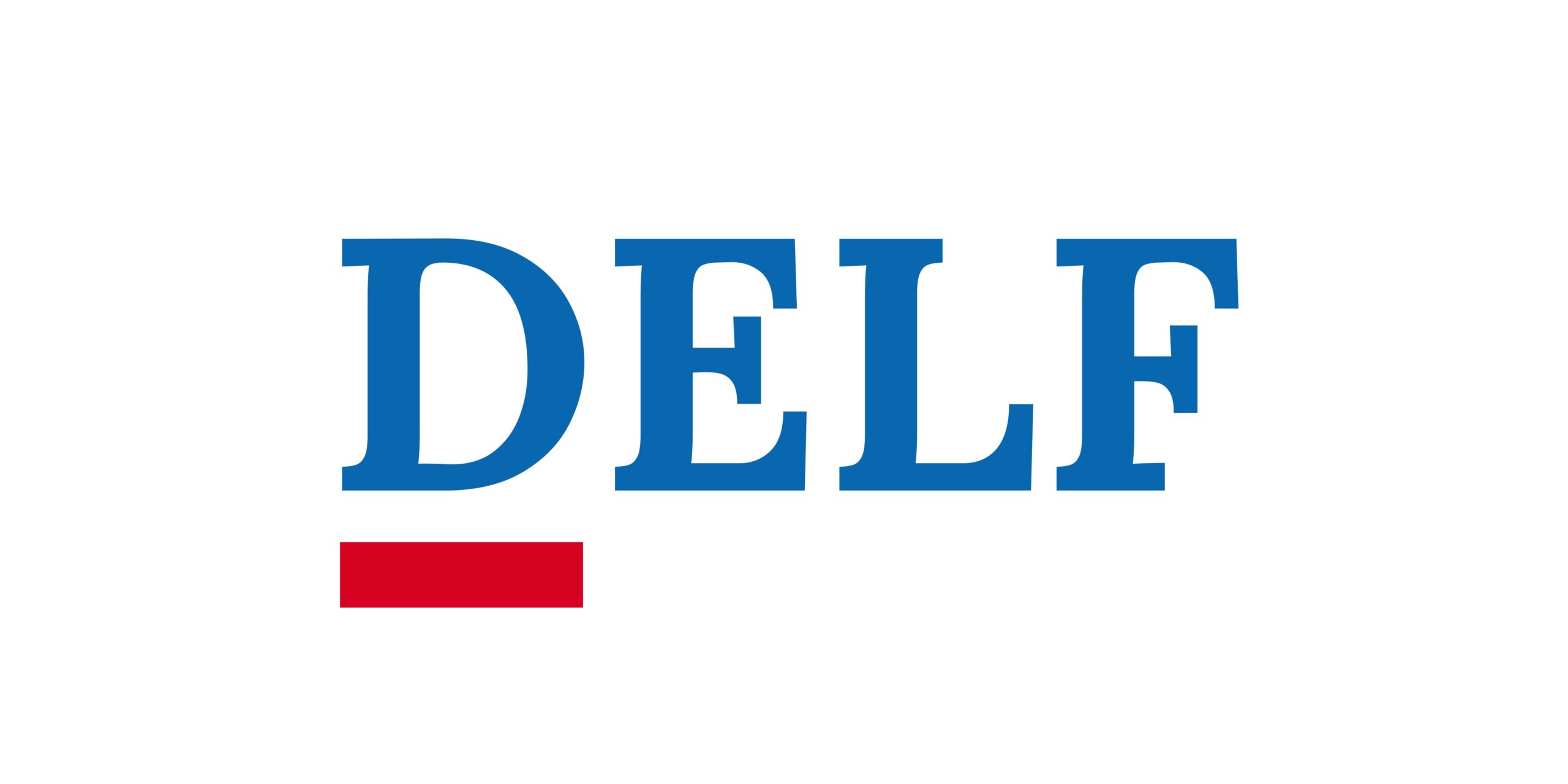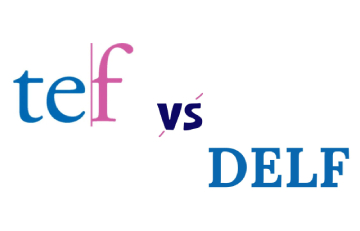
Biology, one of the three natural sciences in the IB Diploma Programme, focuses on life and living systems. The course aims to:
1. Foster conceptual understanding connecting different areas of biology and other DP sciences.
2. Teach scientific knowledge, methods, tools, and techniques.
3. Develop skills to analyze, evaluate, and synthesize scientific information and claims.
4. Encourage creativity and resilience in unfamiliar situations.
5. Design solutions to local and global problems scientifically.
6. Appreciate the possibilities and limitations of science.
7. Develop technology skills in a scientific context.
8. Enhance effective communication and collaboration.
9. Raise awareness of the ethical, environmental, economic, cultural, and social impacts of science.
For general information about the International Baccalaureate (IB) program, visit this link.
Components of the curriculum
| Syllabus component | SL teaching hours | HL teaching hours |
|---|---|---|
| Unity and diversity: • Water • Nucleic acids • Origins of cells * • Cell structure • Viruses * • Diversity of organisms • Classification and cladistics * • Evolution and speciation • Conservation of biodiversity | 19 | 33 |
| Form and function: • Carbohydrates and lipids • Proteins • Membranes and membrane transport • Organelles and compartmentalization • Cell specialization • Gas exchange • Transport • Muscle and motility * • Adaptation to environment • Ecological niches | 26 | 39 |
| Interaction and interdependance: • Enzymes and metabolism • Cell respiration • Photosynthesis • Chemical signalling * • Neural signalling • Integration of body systems • Defence against disease • Populations and communities • Transfer of energy and matter | 31 | 48 |
| Continuity and change: • DNA replication • Protein synthesis • Mutations and gene editing • Cell and nuclear division • Gene expression * • Water potential • Reproduction • Inheritance • Homeostasis • Natural selection • Sustainability and change • Climate change | 34 | 60 |
| Experimental programme | SL teaching hours | HL teaching hours |
|---|---|---|
| Practical work | 20 | 40 |
| Collaborative sciences project | 10 | 10 |
| Scientific investigation | 10 | 10 |
Assessment
The Biology course is designed for students to meet the following assessment objectives:
1. Demonstrate knowledge and understanding of facts, concepts, terminology, methodologies, techniques, and scientific communication.
2. Apply facts, concepts, terminology, methodologies, techniques, and scientific communication methods.
3. Formulate, analyze, and evaluate hypotheses, research questions, predictions, methodologies, techniques, data, and scientific explanations.
4. Demonstrate appropriate research, experimental, and personal skills for conducting insightful and ethical investigations.
| Type of assessment | Format of assessment | SL (hours) | HL (hours) | Weighting of final grade |
|---|---|---|---|---|
| External assessment | 3 | 4.5 | 80% | |
| Paper 1 | Paper 1A includes multiple-choice questions based on the curriculum. Paper 1B includes 4 data-based questions related to the curriculum and covering all topics. | 1.5 | 2 | 36% |
| Paper 2 | Paper 2A includes data-based questions from unfamiliar contexts and short-answer questions. Paper 2B includes extended-response questions that focus on holistic knowledge and understanding of a wide range of syllabus content, skills, concepts and understandings. | 1.5 | 2.5 | 44% |
| Internal assessment | Format of assessment | 10 (hours) SL / HL | 20% |
| Scientific investigation | An open-ended assignment in which the student collects and analyzes data to answer their own formulated research question. Students may collaborate and support each other in small groups. The results of the research study will be assessed in the form of an individual written report. The maximum total length of the report is 3,000 words. | 10 | 20% |
If you need help with Biology or any other subject, our tutors are ready to support you on your academic journey. Don’t miss your chance to succeed—take a trial lesson today!











